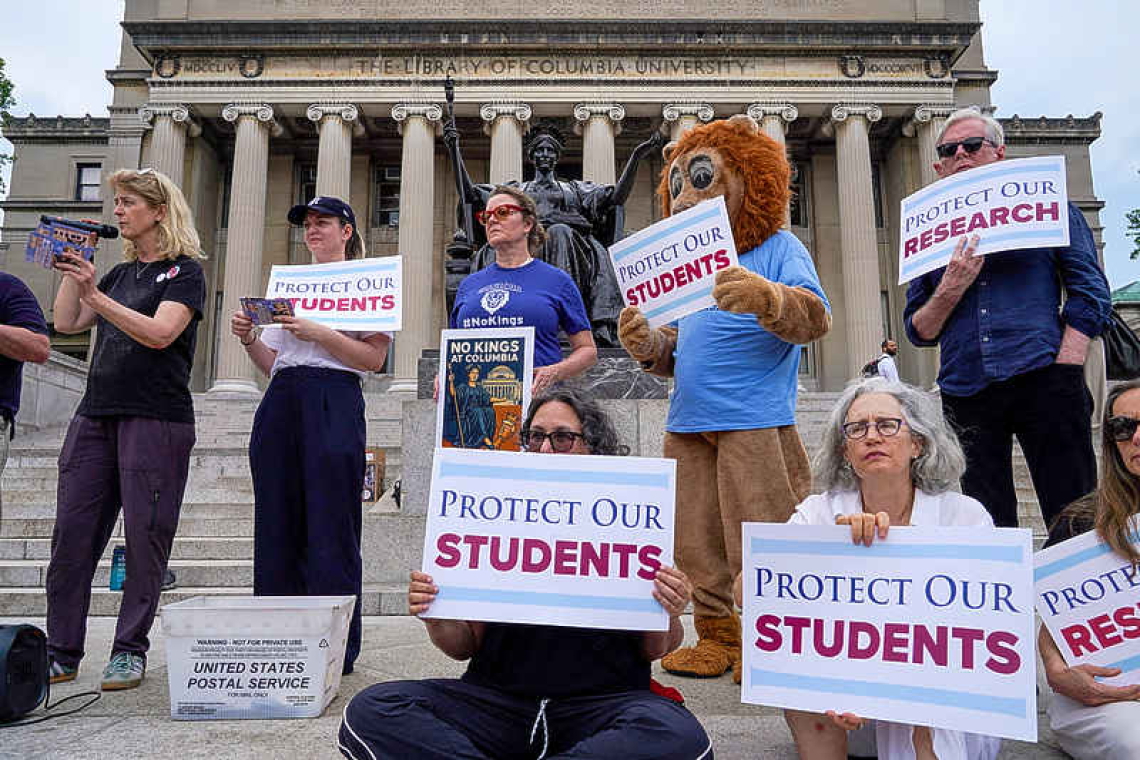CHICAGO--U.S. health secretary Robert F. Kennedy Jr.'s changes to federal vaccine policy are prompting medical organizations and several states to formulate their own vaccine recommendations for the fall respiratory illness season, concerned many healthy children and pregnant women could lose access to preventive shots. This push for an alternative standard to the one set by the federal government runs the risk of increasing confusion among providers and patients, according to health experts. It also runs up against hundreds of laws at the state level that rely on a federal vaccine advisory panel, the experts said. The Advisory Committee on Immunization Practices, or ACIP, advises the U.S. Centers for Disease Control and Prevention on which people should receive vaccines and at what intervals after they are approved by the Food and Drug Administration. Kennedy has spent decades sowing doubts about vaccines even when contradicted by scientific evidence. Since being appointed by Republican President Donald Trump to head the U.S. Department of Health and Human Services, or HHS, Kennedy has upended the federal government's process for recommending vaccines for the American public. Kennedy last month fired all 17 ACIP members, replacing them with hand-picked advisers including anti-vaccine activists. Prior to that, Kennedy in May withdrew a federal recommendation for COVID shots for pregnant women and healthy children without ACIP's input, saying there was not enough evidence to support offering these boosters to healthy children. Leading U.S. medical organizations including the American Academy of Pediatrics, known as AAP, and the Infectious Diseases Society of America, called IDSA, have sued Kennedy over the COVID decision. AAP said it will promote its own evidence-based vaccine guidelines starting with the fall respiratory season for COVID, influenza and respiratory syncytial virus, or RSV. "We simply cannot and will not stay silent as the system we rely on is being intentionally dismantled," Dr. Sue Kressly, the academy's president, told Reuters. The American College of Obstetricians and Gynecologists, called ACOG, is also developing guidelines for the upcoming respiratory illness season, to be issued in August or September. An ACOG spokesperson said the organization continues to recommend COVID vaccines for pregnant women, a group at increased risk for severe COVID and pregnancy complications. The spokesperson also said the organization rejects a recommendation by Kennedy's vaccine panel against flu shots containing thimerosal, a mercury-containing preservative that vaccine skeptics long have sought to link to autism despite evidence that these vaccines are safe. Both organizations and several others including the IDSA are collaborating with the Vaccine Integrity Project, a group of public health and infectious disease experts formed amid concerns about changes to vaccine policy, to review the latest scientific evidence on licensed vaccines for use in their guidelines. "What we're trying to do is add a piece of non-biased, authoritative review of the data for use by the (medical) societies," said Dr. Michael Osterholm, director of the Center for Infectious Disease Research and Policy at the University of Minnesota, who served as an adviser to Democratic former President Joe Biden on COVID. An HHS spokesperson defended Kennedy's actions, saying the newly configured panel brings "fresh, independent scientific judgment" and that ACIP "will continue to be the statutory authority guiding immunization policy in this country."







